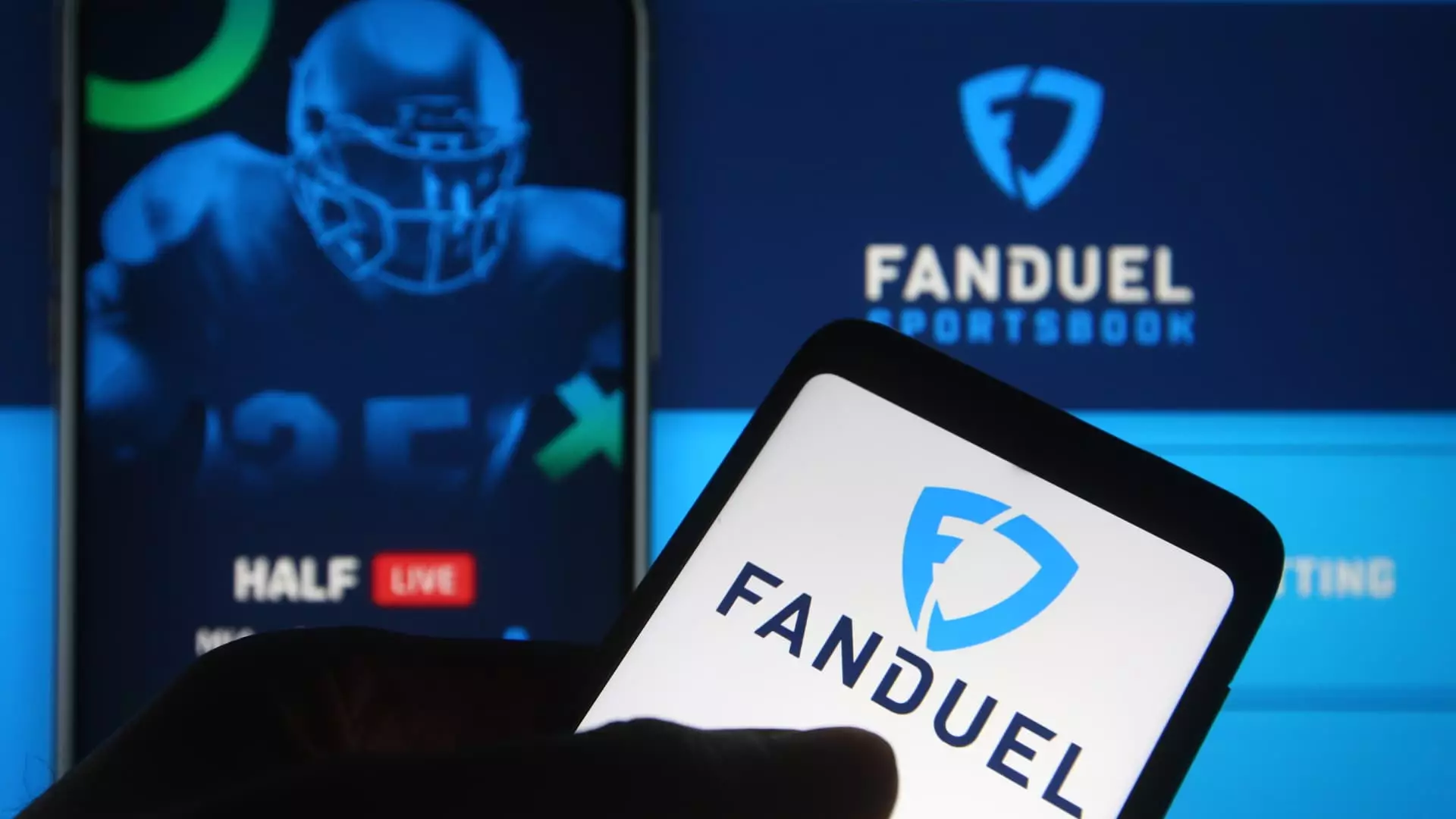The domain of regional sports networks (RSNs) remains in flux as the business dynamics continue to evolve, particularly for Diamond Sports and its recent alliance with sports betting powerhouse FanDuel. In a notable shift, Diamond Sports has initiated a rebranding of its Bally Sports channels, coinciding with the kickoff of the NHL season and the rapid approach of the NBA’s 2024-2025 season. This strategic move, which is part of Diamond Sports’ bankruptcy proceedings, hinges on a naming rights deal that could reshape the network’s future and indicate a new standard in the industry.
Diamond Sports’ filings reveal ambitions beyond simple rebranding; the proposed partnership with FanDuel seeks to solidify a long-term relationship that could benefit both parties significantly. FanDuel stands to gain heightened visibility, building on its existing dominance in the sports betting market. The arrangement allows FanDuel to acquire up to 5% equity in a reorganized Diamond Sports post-bankruptcy, showcasing a mutual commitment to a profitable future. However, these developments hinge critically on the approval of the bankruptcy court, which adds an additional layer of complexity to this partnership.
Historically, the saga of Diamond Sports’ ownership has been fraught with complications. Originally part of Fox Corp., the networks were sold off to Sinclair in a deal that drew regulatory scrutiny, forcing Disney to divest its assets. Under Sinclair’s stewardship, the networks have faced significant operational challenges and a mounting legacy of financial distress, culminating in Diamond Sports filing for bankruptcy last year. The transition from Bally’s Corp. to FanDuel for naming rights illustrates a further evolution and a response to pressures in both the sports and media landscapes.
As Diamond Sports navigates bankruptcy, it has encountered a ripple of exits from MLB teams, leaving behind a fragmented RSN environment that raises questions about the viability of regional broadcasts in a digital age. With teams like the San Diego Padres and Arizona Diamondbacks migrating towards alternative local broadcasting mechanisms, the future role of RSNs becomes increasingly precarious.
What makes this naming rights arrangement so compelling is the convergence of online gambling and traditional sports broadcasting. The acknowledgment of this alignment shows an acute awareness of changing consumer preferences, with younger audiences gravitating toward interactive platforms that blend technology with sports. For FanDuel, acquiring a stake in a regional sports network offers a unique opportunity, creating a channel through which they can amplify brand awareness and engage potential customers amidst burgeoning competition in the sports entertainment space.
Yet, the special relationship between broadcast entities and gaming organizations brings forth questions of integrity, regulation, and the overall trust of sports fans. As these networks pivot towards betting partnerships, the potential for conflicts of interest exists, necessitating transparency and careful governance.
Looking forward, Diamond Sports faces a tumultuous path as it strives for recovery. With negotiations ongoing with the NBA, NHL, and MLB, the company must tread carefully to retain its audience and restore trust with franchisees that are increasingly feeling the pull to exit the RSN model in favor of direct-to-consumer alternatives.
The potential departure of multiple MLB teams illustrates the fragility of the RSN ecosystem in a rapidly evolving landscape driven by technological advancements and shifting viewer expectations. As teams explore over-the-top streaming options and direct partnerships, the relevance of traditional RSNs could dwindle if they fail to adapt.
The rebranding of Diamond Sports through a partnership with FanDuel represents a critical juncture in the trajectory of regional sports networks. Through innovative partnerships and an introspective reevaluation of viewer engagement strategies, Diamond Sports seeks to navigate its financial woes while ensuring that it remains a relevant player in the sports broadcasting arena. A successful outcome could set a precedent, emphasizing the importance of adaptability within an industry that is ever-changing and profoundly affected by the intersection of technology, sports, and consumer behavior.

